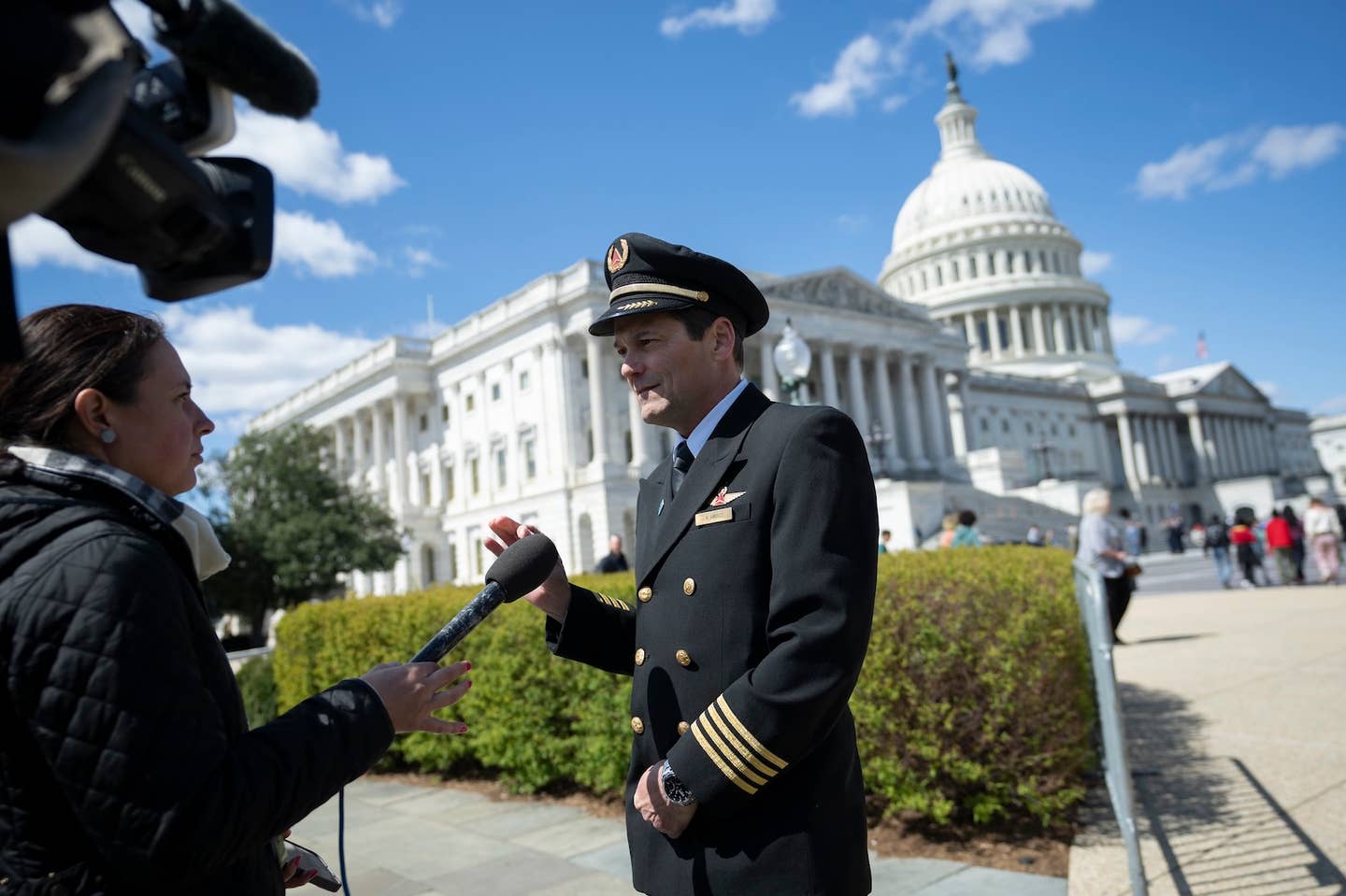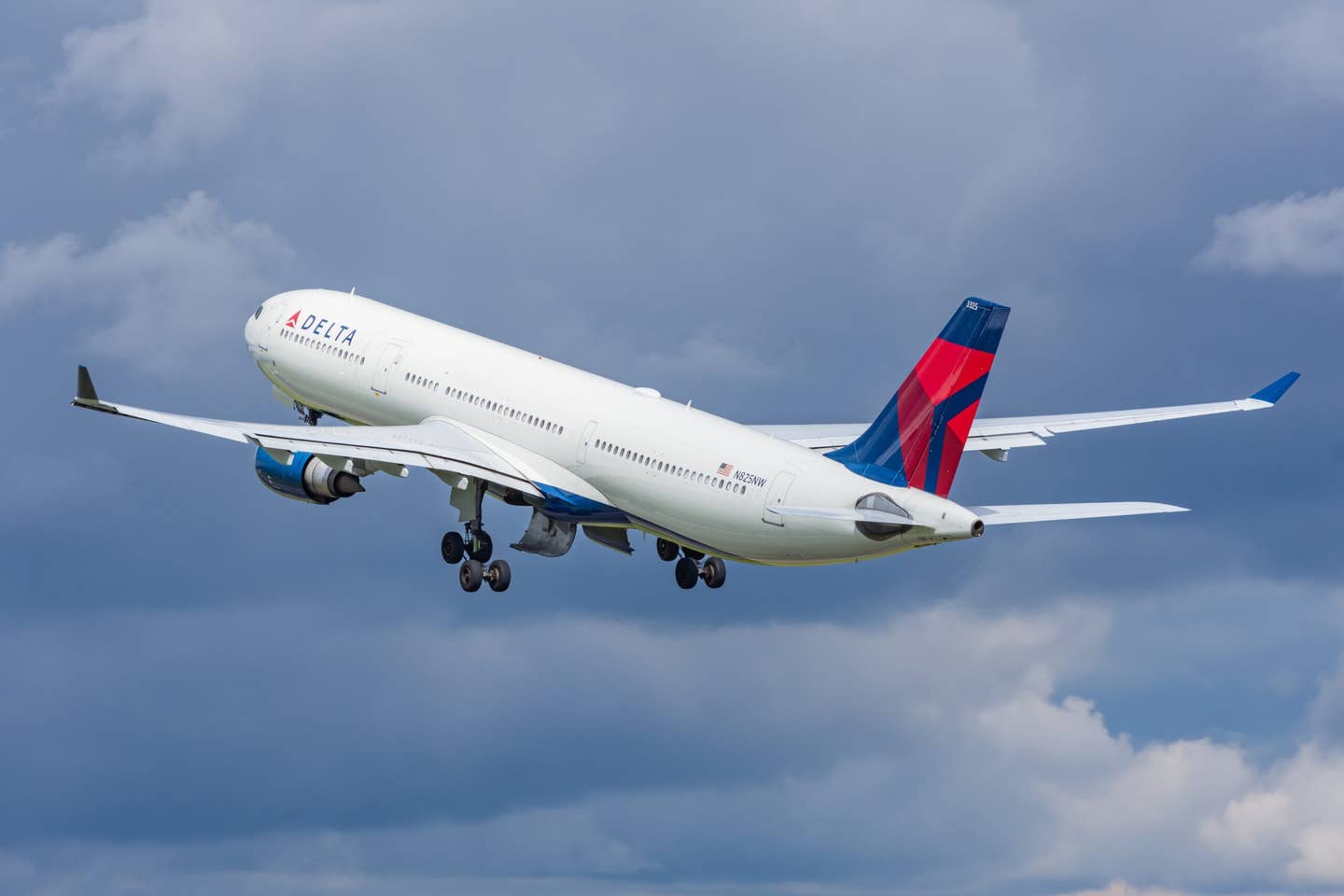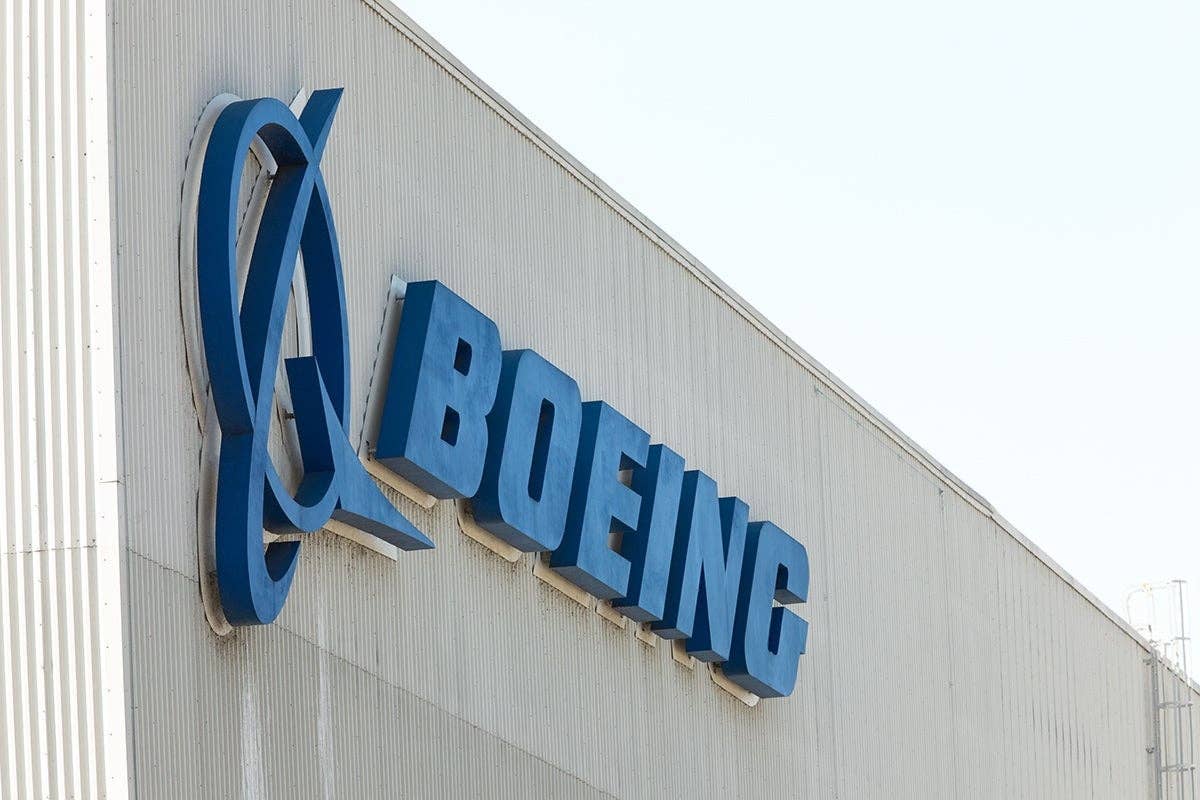ALPA President Talks Pilot Shortage, Bedford Nomination
The union boss likened the COVID-era aviator shortage to supply chain issues.

ALPA President Capt. Jason Ambrosi [Courtesy: ALPA]
Air Line Pilots Association (ALPA) President Capt. Jason Ambrosi delved into the debated pilot shortage and shake-ups in Washington during a Friday interview with AirlineGeeks.
ALPA represents over 79,000 pilots at various airlines throughout North America.
The Pilot ‘Shortage’
In discussing what some say is a pilot shortage, Ambrosi likened it to a “supply chain issue.” He explained, “During COVID, nobody knew that a vaccine could be available that quick. Nobody knew that … the industry would successfully lobby for three rounds of payroll support.”
The unexpected speed of industry recovery after COVID-19 led to this bottleneck, he said. “It was a bottleneck because we need to get those pilots back to train the other direction,” he added.
Ambrosi emphasized that the real challenge was not in the number of pilots but in the logistics of retraining and repositioning them quickly enough to match the resurgence of air travel demand. “Give us 18 months, and you’ll see,” he remarked, noting that airlines have now reached full staffing capacity, with some even starting to furlough pilots as demand stabilizes.
In an April 2024 social media post, ALPA claimed the pilot shortage “isn’t real.” The union’s comments came as Congress was weighing whether to raise the mandatory pilot retirement age to 67.
“… In fact, there’s a surplus of airline pilots,” the post stated. “Yet Congress is considering raising the pilot retirement age to 67, which will hurt air travel.”
This bill ultimately failed and never ended up in the FAA Reauthorization Act of 2024.
“In my first hearing with Congress after taking this job in 2023, I was getting pummeled about, ‘Oh, we’re in pilot shortage. Pilot shortage. Raise the age. Pilot shortage. Pilot shortage,’” Ambrosi said. “I said, give us 18 months, and you’ll see. Well, 18 months later, everybody’s fully staffed.”
Despite some recent furloughs – including for pilots at Spirit, which are represented by ALPA – along with an overall slowdown in pilot hiring, Ambrosi said he had “a feeling that there’s going to be more pilot jobs here in the not-too-distant future, especially with all the flight schools cranking people out as fast as they can.”
Single-Pilot Operations
A hot topic last summer, Airbus and European regulators began initial discussions around reducing the number of pilots in the flight deck. This has prompted pushback from labor groups, and even some airlines, including Delta CEO Ed Bastian.
When it comes to single-pilot operations, Ambrosi strongly reiterated ALPA’s commitment to keeping a minimum of two pilots in the cockpit at all times.
He said, “We’ve successfully put a minimum of two pilots in the flight deck plan, which is already in nine of our agreements, including Delta’s and United’s.”
Despite robust support in the U.S., Ambrosi acknowledged potential economic pressures from international markets if single-pilot operations gain traction elsewhere. He stated, “I want to make sure that our airlines are healthy and we can compete on a global scale.”
He elaborated on ALPA’s measures in Europe to prevent single-pilot operations, particularly its role in influencing the European Union Aviation Safety Agency’s shift toward a more deliberate approach. He noted, “They’ve retitled it to smart cockpits rather than the extended minimum crew operations or single-pilot crews, and they basically said they’re not in any hurry.”
However, he emphasized the importance of continued vigilance, asserting, “We have to keep our foot on the gas all the time and not fall asleep.”
Nomination of Bryan Bedford for FAA Chief
Earlier this month, President Donald Trump nominated Republic Airways CEO Bryan Bedford to lead the Federal Aviation Administration. Soon after the announcement, ALPA put out a statement with concerns over Bedford’s past, including his proposal to “water down” the “1,500-hour rule.”
“In his role as Republic CEO, he was a significant proponent for watering down the first officer qualification and training rules that came out of the 2010 FAA bill,” shared Ambrosi during the interview. “They put forth a proposal that was mostly lacking in what would be equivalent to military-type training.”
ALPA communicated its apprehensions to Transportation Secretary Sean Duffy, aiming for constructive dialogue with Bedford. Ambrosi remarked, “Rather than coming out and opposing Mr. Bedford, we just shared our concern … . [W]e look forward to hearing his opinions now that he’s a regulator. … [Y]ou have different motivations and you answer to different people if you are an airline CEO versus the regulator.”
Legislative and Safety Standards
On the topic of legislative changes, especially with a new administration now in office, Ambrosi recognized the possibility of revising pilot qualification and retirement age rules, yet he deemed it improbable given the lack of legislative push.
He staunchly defended the United States’ rigorous “1,500-hour rule,” declaring, “We shouldn’t feel bad because we have a higher standard than the rest of the world. We also have a higher safety record than the rest of the world by a long shot.”
The U.S. has among the highest qualification requirements for first officers. While the 1,500-hour rule is well known, many pilots join airlines via accredited educational programs and the military, each requiring fewer training hours.
In Europe, pilots can start flying in the airlines with as little as 200 hours.
“What we had in the ’90s was you could have a pilot in the right seat of an airliner with 200 or 250 hours, which was mostly unprepared for airline ops,” added Ambrosi. “I lived it as a captain in the regionals back in the ’90s. That stuff still happens in Europe. So just because they do it certainly doesn’t make it right.”
This story first appeared on AirlineGeeks.com.

Sign-up for newsletters & special offers!
Get the latest FLYING stories & special offers delivered directly to your inbox






